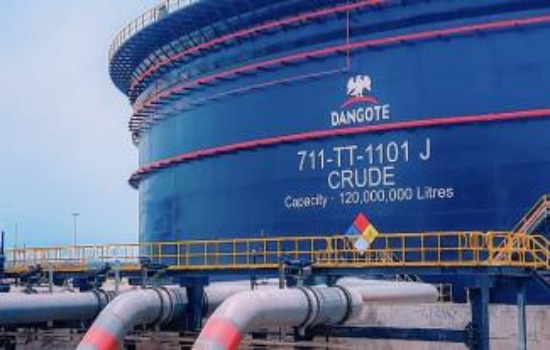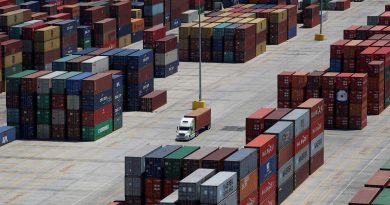Dangote Refinery gets market edge against cartels on spec changes, cheaper diesel
Dangote Petroleum Refinery and Petrochemical is gaining traction in the diesel market due to specification modifications and the market effects of the Russia-Ukraine war.
Nigeria’s move to cut the maximum sulfur content for gas oil imports from 3,000 parts per million to below 500 parts per million has stifled import of the product from Europe to Nigeria and made diesel from Dangote Refinery viable.
Matthew Tracey-Cook, analyst at S&P Global Commodity Insights said, “In West African gas oil, there was a recent spec change by Nigeria, which cut the maximum sulfur content for gas oil imports (diesel) from 3,000 parts per million to below 500 parts per million. And this saw a really significant reshuffle in the market.”
He noted that, “Russia has completely cut off exports to West Africa, which saw some other regions that we haven’t previously seen exporting and taking some space in the total export pool”.
“So the Mediterranean, specifically Spain, has been taking a larger role in Europe, exporting gasoline into Nigeria in particular,” Tracey-Cook said.
Dangote refinery recently announced a price reduction of automotive gas oil (diesel) to N1,000 per litre, a move attributed to more lenient quality controls.
The report highlighted that the refinery’s diesel supplies have a sulphur content of around 650 parts per million (ppm), exceeding the 200 ppm cap enforced by the Nigerian Midstream and Downstream Petroleum Regulatory Authority on imported products since March.
“By permitting Dangote to sell diesel above the 200 ppm sulfur cap, the regulator has provided a route to market for early supplies from the refinery ahead of secondary unit start-ups for gasoline and low-sulfur diesel, deflating local fuel prices and clawing back revenue for the project,” the report said.
According to the analysts quoted in the report, the “refiner announced intentions to supply products conforming to Euro 5 specifications (10ppm diesel), but its low sulfur diesel production remains contingent on the start-up of its key distillate hydrocracker unit”.
S&P Global said the refiner has been pressured to alleviate surging fuel import costs amid the rapid depreciation of the naira, “which has seen diesel prices nearly double year on year”.
“While the price of gasoline has remained comparatively stable thanks to suspected government subsidies, concerns of a rising debt burden have added pressure to accelerate supplies from the refinery,” the report added.
S&P Global noted that the increased availability of cheap Dangote diesel has heightened uncertainty surrounding diesel flows into West Africa, as traders grapple with rapid specification changes.
S&P Global report has it that “Last month, high sulfur gasoil flows were dramatically reshaped by new Nigerian import requirements reducing sulfur limits from 0.3 percent (3,000 ppm) to 200 ppm, while officials have hinted at further reductions.”
“Meanwhile, it remains unclear whether Dangote will reduce the sulfur content of its domestic diesel supplies, or if imports will consistently be held to higher quality standards.”




